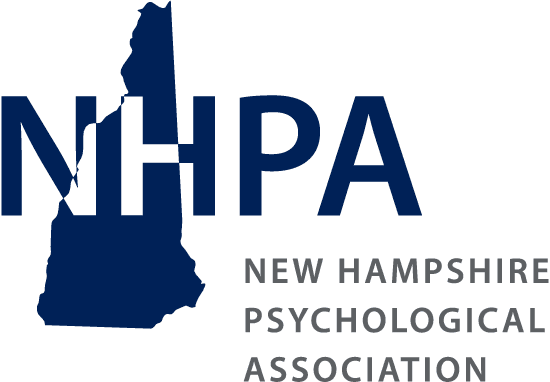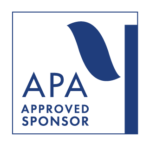FINDING AND CHOOSING A POST-DOCTORAL FELLOWSHIP:
- During your internship year, check with your state licensing board about requirements for the supervised clinical work after graduating.
- State board rules specify whether a fellowship is required for licensure (as it is in most states), the criteria a fellowship must meet, the number of clinical hours and supervision hours required for licensure, and whether an applicant has the option of paying for supervision rather than completing a fellowship.
- Though the salary for a fellowship may be almost as low as that of an internship, benefits of a fellowship may include a focus on training and may be a structured program, perhaps even APPIC-accredited.
- Alternately, you may find a job where part of your benefit includes free supervision, or you may take a job and pay someone to provide you with supervision if the state licensure board allows this latter arrangement.
- You may find post-doctoral training opportunities through the APPIC website, as well as postings in the student resource section for some APA divisions, on APA listservs, in APA’s Monitor, state psychological association websites, and on the websites of some training sites.
- Choose your opportunities for your post-doctoral year to develop your specialization, and be certain it meets the state licensure requirements.
- Sign a contract with your site supervisor at the beginning of your training, and submit this to the licensing board in the state where you are training to have your training approved according to the board’s guidelines.
PREPARING FOR LICENSURE:
- Your state licensing board rules will specify which exams to take, including the Examination for Professional Practice in Psychology (EPPP), and the passing score for the state.
- Many states require you to complete a year of supervised post-doctoral work before applying for the exam.
- Some states allow you to sit for the exam when you are nearing completion of your required hours, which can save you some of the delay after finishing this last training year before you are licensed to work independently.
- If you are planning to work in a setting like a counseling center, you may have opportunities to apply for positions before obtaining your license, though you will be more competitive if you pass the exam before beginning the position.
- You will likely need to study three or four months for the EPPP. Materials can be purchased from at least three different publishers, and buying previously used materials will save you a lot of money. You will also be paying ASPPB for the exam, as well as the application fee to the state you are requesting permission from to take the exam.
- Each state has unique requirements for licensure beyond the EPPP, such as essay questions on ethics and state regulations, a multiple choice open book jurisprudence exam, or an oral exam.
- Some states also require psychologists providing psychotherapy to obtain the Health-Service Provider (HSP) designation, though this is not a requirement for licensure in New Hampshire.
APA PROVIDES A GENERAL OVERVIEW OF THE INTERNSHIP AND FELLOWSHIP PROCESS:
http://www.apa.org/gradpsych/2007/09/internship.aspx
ASPPB provides a handbook that describes state licensure requirements:






